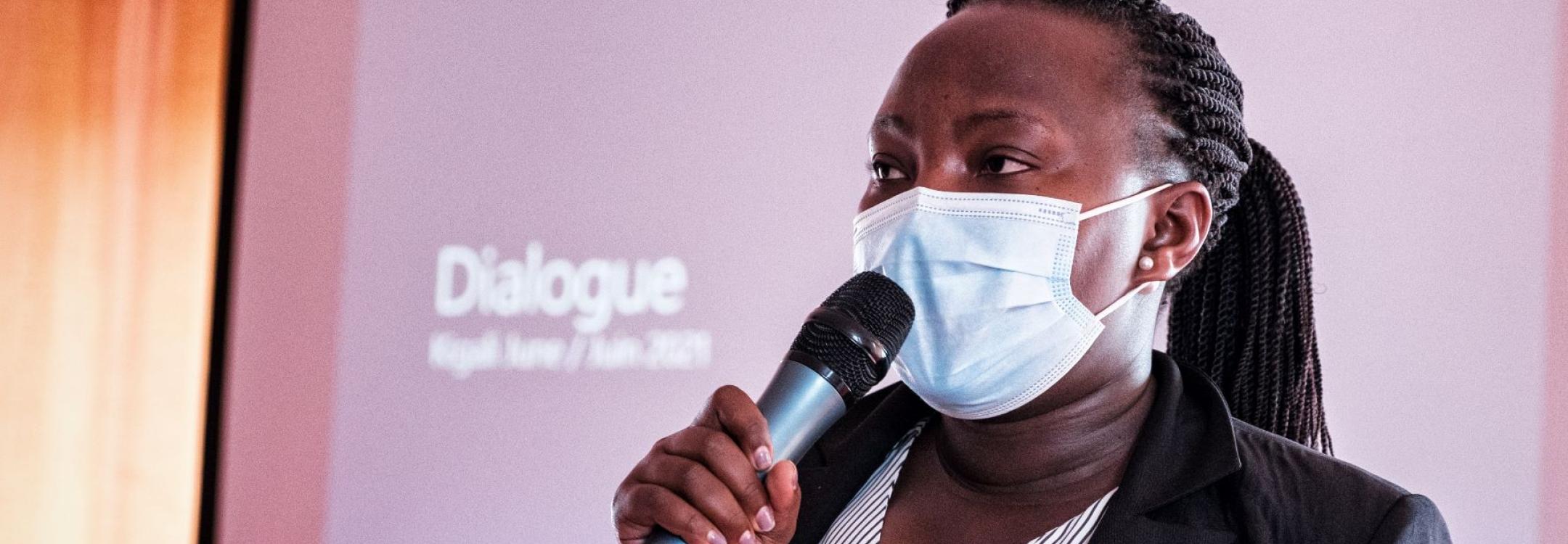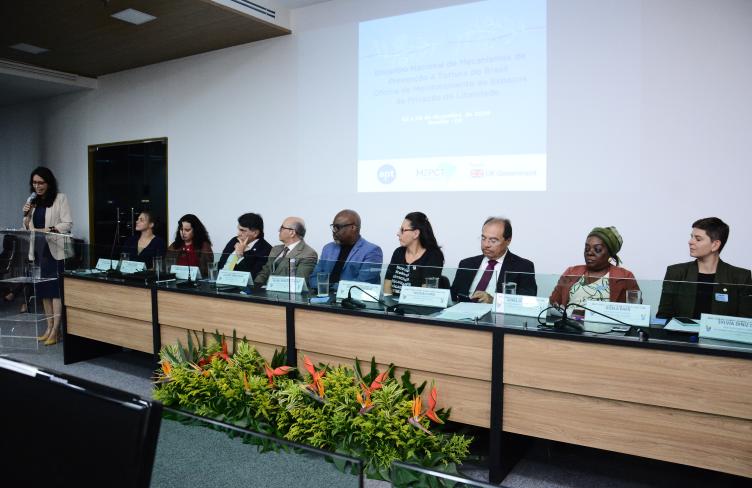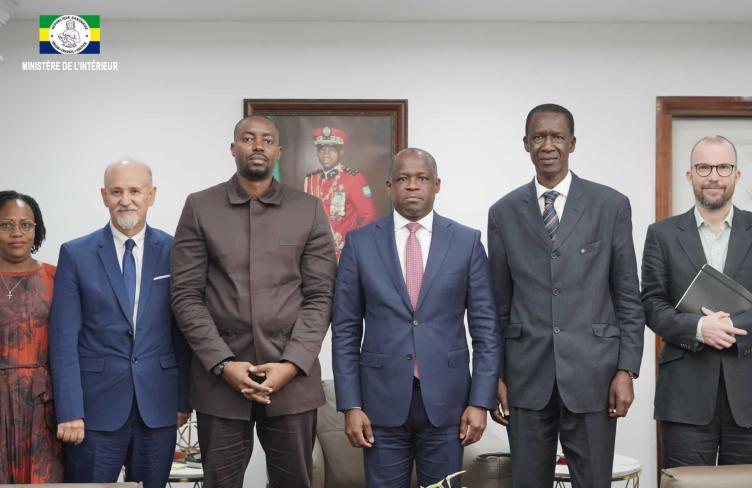
Engaging in constructive dialogue with justice and detaining authorities is at the heart of the preventive approach. This was the focus of an APT capacity building programme held in June for the Human Rights Commission of Rwanda and its National Preventive Mechanism (NPM) department.
The programme had two key focus areas. First, the APT and the Commission discussed the importance of ensuring that NPM reports and recommendations are credible and accurate. This is essential to provide a sound basis to work collaboratively with authorities and implement practical changes to address the risks of torture and ill-treatment in places of detention.
We also explored strategies for the Commission and NPM to work constructively with national and international partners to promote positive recommendations for change, including in the context of Rwanda’s recent Universal Periodic Review.
Second, following a specific request from the Commission, we invited our partner organisation IRCT to join us to deliver a workshop on the Istanbul Protocol and investigating allegations of serious human rights violations. This included sessions and dialogue on the different roles, responsibilities and coordination strategies of the NPM, with its preventive mandate, and other investigation-focused departments within the Commission.
These activities are part of our long-standing engagement with the Commission and the NPM and build on previous support, including training on monitoring police custody in November 2020, which was the only in-country programme the APT has delivered during the pandemic.
They also lay the foundations for ongoing engagement in Rwanda, involving cooperation with civil society organisations and engagement with the authorities, alongside the NPM, to foster change in different areas, including implementing safeguards in the first hours of police custody and increasing protection for women in detention.



